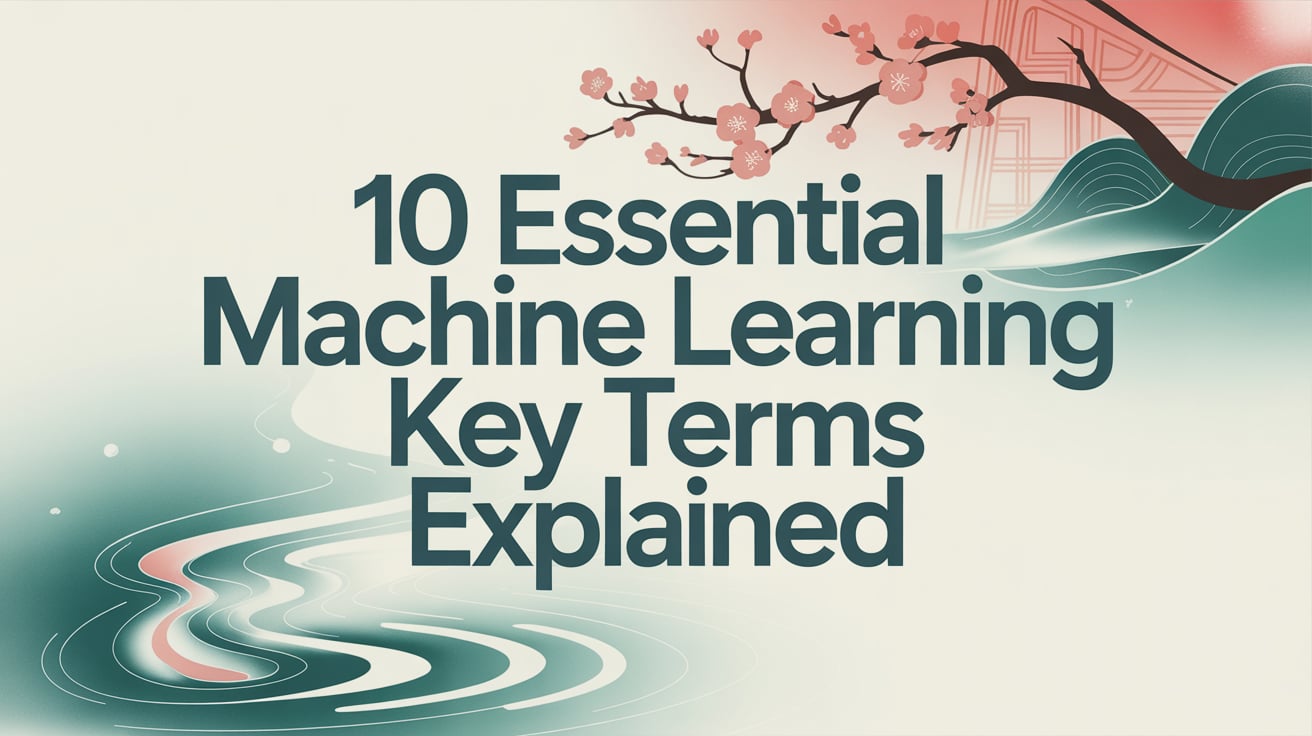Artificial Intelligence & Machine Learning
Recent Articles
Sort Options:

Building AI Agents Capable of Exploring Contextual Data for Taking Action
Artificial intelligence is evolving rapidly, with developers now focusing on creating advanced AI agents. These systems transform large language models into autonomous thinkers and decision-makers, capable of automating various tasks by utilizing resources like APIs and databases effectively.

What is Narrow (Weak) AI and What Is It Mainly Used For?
Artificial Intelligence is revolutionizing industries through Narrow AI, which excels in specific tasks but lacks general understanding. The article highlights its applications, limitations, and the importance of strategic implementation to enhance human capabilities while acknowledging inherent constraints.

10 Essential Machine Learning Key Terms Explained
Artificial intelligence (AI) encompasses a broad field of computer science dedicated to developing software systems that replicate human and animal intelligence to effectively tackle various tasks, showcasing its transformative potential across industries.

A Deep Learning Alternative Can Help AI Agents Gameplay the Real World
A novel machine learning technique aims to replicate human brain functions, paving the way for the development of more advanced agentic AI. This innovative approach could significantly enhance AI capabilities, marking a pivotal step in artificial intelligence research.